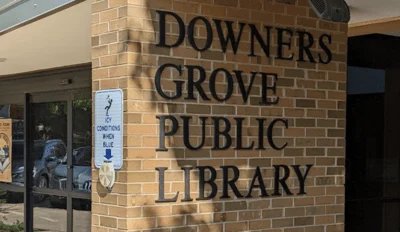Former State Rep. Jeanne Ives
Former State Rep. Jeanne Ives
The Property Tax Relief Task Force established by the General Assembly is just another prop in a multi-year game of sleight of hand by state lawmakers holding out the promise of property tax reductions, according to former state Rep. Jeanne Ives (R-Wheaton), who is running in the Republican Primary to take on first-term Democratic Congressman Sean Casten in the 6th District.
“It’s been five years of fake property freeze votes, followed by fake property reform votes, followed by multiple fake property tax task forces,” Ives, a strong advocate for tax reform during her three terms in the state House, told the DuPage Policy Journal.
The 88-member behemoth of a task force missed an October 31 deadline for submitting to the governor’s office a list of recommended avenues to provide relief, as required under the law. The General Assembly could have acted on some of the missing in action recommendations in the fall veto session, but lawmakers have now cleared out of Springfield for the year and won’t be back until late January.

Property taxes
The task force started out on a telling note: In late August, it rejected a proposal to end the practice of political insiders, including House Speaker Michael Madigan, enriching themselves by representing clients appealing their property tax assessments -- a process typically out of reach of lower-income property owners.
The previous do-nothing tax relief task force the Democrats established over a year ago was a co-opted Ives proposal (taken “word-for-word," Ives said) approved under voter pressure to at least put a lid on the highest property taxes in the nation. After a big buildup, the task force held a few meetings in 2018, and then nothing.
The current task force stems from a compromise Democratic Gov. J.B. Pritzker made with lawmakers. In exchange for approval of his graduated income tax proposal, he agreed to yet another task force and a property tax freeze provision.
But as the Illinois Policy Institute (IPI) points out, the tax freeze only goes into effect if voters agree to the constitutional change from a flat income tax to a graduated one when it appears on the ballot next November. And even then, few taxpayers would actually benefit from the freeze.
“School districts consume around two-thirds of local property tax dollars in Illinois, so it makes sense to target them for a property tax freeze,” IPI reported. “But the state’s inefficient education funding system would qualify most school districts for an exemption under the amendment unless the state ponied up hundreds of millions in additional education dollars it can’t afford. As a result, few districts would see property tax freezes.”





 Alerts Sign-up
Alerts Sign-up